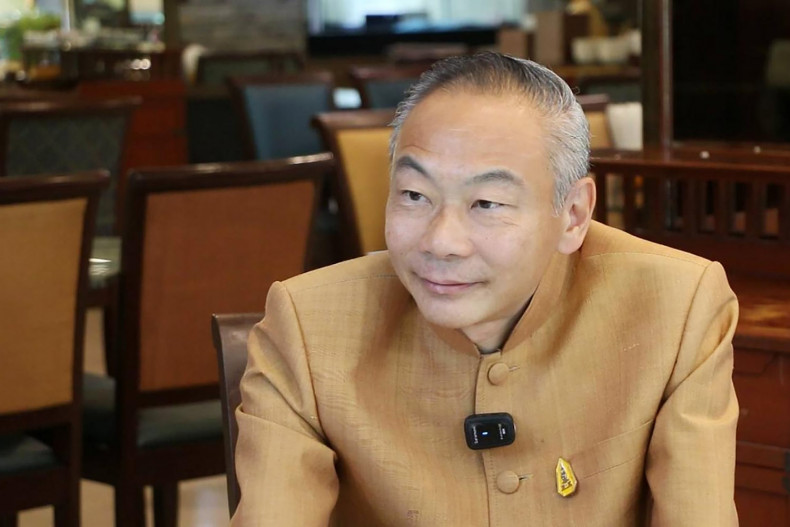Thailand’s Bold Move to Boost Economy with Tax Breaks
Incentivizing Repatriation of Foreign Income
Thailand’s Revenue Department is rolling out a game-changing plan to exempt taxes on foreign-sourced income, aiming to bring back more than 2 trillion baht in Thai investments stashed abroad. This strategic move is designed to supercharge domestic investment and breathe new life into the economy, especially as the country grapples with a looming revenue shortfall.
New Tax Exemption Rules for Foreign Earnings
Two-Year Window for Tax-Free Repatriation
Under the proposed regulations, Thais can repatriate their overseas earnings from 2024 onward without paying personal income tax, provided the funds are brought back within two tax years of being earned. Income repatriated after this period will face standard taxation. This initiative, as outlined by Revenue Department Director-General Pinsai Suraswadi, targets a vast pool of Thai assets—ranging from real estate to stocks—currently generating massive returns abroad.
Addressing Double Taxation Concerns
Tax Credit Agreements with 61 Countries
To ease worries about double taxation, Thailand leverages tax credit mechanisms through agreements with 61 nations. These allow taxpayers to offset taxes paid abroad against their Thai tax obligations, ensuring fairness and encouraging compliance. This provision is a key pillar of the plan, making it attractive for Thais to bring their wealth home.
Revenue Challenges Prompt Innovative Solutions
Anticipated Shortfall and Proactive Measures
Despite collecting an impressive 1.138 trillion baht from October 2024 to April 2025, surpassing last year’s figures, the Revenue Department foresees a dip in collections from May to July. A projected shortfall exceeding 15 billion baht in year-end corporate income tax filings has raised alarms, with earlier estimates suggesting a potential 36 billion baht deficit for the fiscal year. To counter this, the department is gearing up for audits targeting untaxed businesses like restaurants, nightlife spots, cash-based trades, and pharmacies—sectors that haven’t faced such scrutiny in over five years.
Path to Legislation and Future Tax Strategies
Cabinet Approval and Broader Tax Reforms
The tax exemption proposal awaits Cabinet approval and a thorough review by the Council of State before it can become law. Meanwhile, the Revenue Department is exploring additional revenue-boosting strategies, including tweaking the Value Added Tax (VAT) rate, currently at 7%, and introducing new tax laws, such as one for international travel. These efforts align with the Finance Ministry’s broader push for tax reform to plug revenue gaps.
Ambitious Revenue Goals Amid Deficit Budget
Targeting 2.4 Trillion Baht for 2026
With a deficit budget looming, the Revenue Department faces a steep challenge: hitting a 2.4 trillion baht revenue target for fiscal year 2026, a 100 billion baht jump from 2025’s goal. The tax exemption on foreign income is a calculated risk to stimulate domestic investment while balancing the need for fiscal stability. By fostering economic growth through repatriated funds, Thailand aims to navigate its financial hurdles with confidence.








